

 Imagine sending a package from Accra to a friend in Kumasi. Instead of traveling directly up the N6 highway, your package is first flown thousands of kilometers to London, processed in a European mail center, and then flown all the way back to Ghana to be delivered in Kumasi.
Imagine sending a package from Accra to a friend in Kumasi. Instead of traveling directly up the N6 highway, your package is first flown thousands of kilometers to London, processed in a European mail center, and then flown all the way back to Ghana to be delivered in Kumasi.
It sounds absurd, but this is precisely what happens every day to a significant portion of Ghana’s Internet traffic. An email sent from one office in Accra to another just down the road often makes a round-trip journey to Europe before it arrives.
This inefficient digital detour, known in technical circles as “tromboning,” is more than just a curiosity; it’s a hidden tax paid by every Ghanaian who uses the Internet. It makes our connections slower, our data bundles more expensive, and our national digital infrastructure less resilient. As Ghana accelerates its digital transformation, with more of our banking, education, and commerce moving online, this fundamental inefficiency acts as a persistent drag on our progress.
This piece tells the story of that hidden tax. It explores why it exists, quantifies its staggering cost to our economy, and reveals that the solution is not a distant dream but a powerful, underutilized tool already at our disposal. Most importantly, it lays out a clear, evidence-based path for regulators and industry leaders to fix this problem, drawing on the remarkable success stories of our African peers and paving the way for a faster, cheaper, and more sovereign digital future for Ghana.
The economic cost is even more severe. Internet Service Providers (ISPs) must pay for this unnecessary international travel using expensive subsea fibre optic capacity.
Quantifying the hidden Tax: A tale of two Internets
When local Internet traffic is forced to travel internationally, it creates two significant problems: high latency (delay) and high cost. The journey to Europe and back can turn an instantaneous local data transfer into a sluggish one, adding hundreds of milliseconds of delay (Analysys Mason, 2012). For users, this means frustrating lags in video calls, buffering during streams, and a slower experience for everything from online banking to e-government services.
The economic cost is even more severe. Internet Service Providers (ISPs) must pay for this unnecessary international travel using expensive subsea fibre optic capacity. These costs are inevitably passed on to consumers and businesses, inflating the price of data for everyone. While the government has recently mandated increases in data bundle volumes to address affordability, this treats the symptom, not the cause.
The average cost of 1GB of mobile data is nearly equivalent to the daily minimum wage, making consistent internet access a major financial burden for much of the population.
To understand the scale of this missed opportunity, we only need to look at our continental peers. The African Union set a goal for 80% of all internet traffic to be exchanged locally.
While South Africa has achieved this, and Kenya and Nigeria have reached an impressive 70%, it is estimated that Ghana still routes approximately 70% of its domestic traffic internationally—a complete inversion of the continental goal.
The financial implications are staggering. By 2020, localizing their traffic was saving Kenya’s economy $6 million annually. For Nigeria, the savings were an astounding $40 million per year. There is no reason to believe Ghana cannot unlock similar savings, retaining tens of millions of dollars within our economy and creating a market where lower data prices are a natural outcome of efficiency, not just a temporary regulatory measure.
Imagine sending a package from Accra to a friend in Kumasi. Instead of traveling directly up the N6 highway, your package is first flown thousands of kilometers to London, processed in a European mail center, and then flown all the way back to Ghana to be delivered in Kumasi.
The paradox: A digital superhighway with no traffic
The most frustrating part of this story is that Ghana has already built the solution. The country is home to two Internet Exchange Points (IXPs): the veteran Ghana Internet eXchange (GIXA) and the modern, high-capacity Accra Internet Exchange (AccraIX).
An IXP acts as a central, neutral “digital roundabout.” Instead of each ISP building a separate, costly road to every other network, they all connect to this central point. Traffic from a user on one network can be passed directly to a user on another network, all within Ghana, almost instantaneously and at minimal cost.
GIXA, the country’s pioneering exchange, has long served as a resilient hub for its 23 members, including all major mobile operators and Google. Its critical role was proven during the March 2024 subsea cable cuts, when connected institutions experienced significantly less disruption, maintaining a vital thread of national connectivity.
AccraIX represents the next generation of this infrastructure. It is a world-class, carrier-neutral facility that has attracted 21 of the biggest names in the global and local digital economy, including MTN, Telecel, Meta (Facebook), and Fastly. It boasts a massive total connected capacity of 515 Gigabits per second (Gbps)—a digital superhighway capable of handling far more than the nation’s current needs.
Herein lies the paradox. Despite this immense capacity, the observed peak traffic on this superhighway is a mere 41.12 Megabits per second (Mbps)—a utilization rate of less than 0.01%. We have built a state-of-the-art digital interchange, but almost no one is using it. This is not a technical failure; it is a market failure.
The primary reason for this is found in the peering policies of the market’s most dominant players. Scancom (MTN), which controls an estimated 70% of the mobile services market, maintains a “Selective” peering policy at AccraIX. In simple terms, despite being physically connected to the same digital roundabout as everyone else, the dominant operator reserves the right to close its on-ramps to competitors. Instead of exchanging traffic freely for mutual benefit, it can force smaller ISPs to pay for access to its vast customer base through international detours, effectively monetizing its market dominance and perpetuating the costly international detours.
The foundational flaw: Building a digital house on shaky ground
Even if peering policies were perfectly open, a deeper, more fundamental challenge hinders the growth of a truly local digital economy: the state of our foundational infrastructure, particularly the power grid.
A vibrant local Internet requires locally hosted content. We need Ghanaian businesses, government agencies, and entrepreneurs to run their websites, apps, and services from servers located within Ghana. The physical homes for these servers are data centers, and their single most critical requirement is a constant, reliable supply of electricity.
Unfortunately, Ghana’s power grid is plagued by frequent interruptions and instability. This forces every data center to invest heavily in expensive backup systems, including diesel generators, which dramatically increases both construction and operational costs. Compounded by high industrial electricity tariffs, this makes it more expensive and risky to host a digital service in Ghana compared to Europe or South Africa.
AccraIX represents the next generation of this infrastructure. It is a world-class, carrier-neutral facility that has attracted 21 of the biggest names in the global and local digital economy, including MTN, Telecel, Meta (Facebook), and Fastly.
This creates a vicious cycle. A Ghanaian startup wanting to launch a new app often elects to host it abroad for reasons of cost and reliability. As a result, Ghana’s digital economy is effectively being exported. When a Ghanaian user accesses this “Ghanaian” app, their traffic must travel internationally, reinforcing the tromboning effect and weakening the very business case for local peering. The power issue is not just an inconvenience; it is a strategic barrier that actively prevents the localization of our digital ecosystem.
The way forward: A proven blueprint for success
To solve this multifaceted problem, Ghana does not need to reinvent the wheel. We can look to the proven blueprint for success written by Kenya and Nigeria. A decade ago, both nations were in a similar position, with only 30% of their traffic exchanged locally. Through a concerted effort, they flipped this ratio, localizing 70% of their traffic by 2020.
Their success was built on a simple but powerful principle: the regulator as an enabler, not a commander. Rather than dictating terms, their regulators fostered a community-led, multi-stakeholder environment built on trust. They provided strategic support, such as seed funding and, crucially, removing restrictive licensing rules, and then empowered the local technical community to drive the initiative.
The results were transformative. Latency for local traffic plummeted from over 200ms to under 10ms. The massive cost savings created a virtuous cycle, attracting global content giants like Google and Akamai to establish a local presence, which in turn made the IXPs even more valuable.
Ghana’s National Communications Authority (NCA) has a historic opportunity to replicate this success. The ongoing public consultation for a new Electronic Communications Bill, 2025, provides the perfect vehicle to modernize our digital rulebook.
By adopting the lessons from our peers, the NCA can shift from its current role to that of a strategic facilitator.
This requires a multi-pronged strategy:
- Legislative modernization: The new Bill must be amended to include a clear and unambiguous mandatory open peering obligation for dominant market players. This single act closes the legal loophole that allows selective peering to stifle competition and is the cornerstone of correcting the market failure.
- Economic incentivization: A robust framework of incentives is needed to build a compelling business case for local hosting. This includes expanding tax incentives for data center development and operations and creating new incentives for local content businesses to host their services in Ghana.
- Cross-sectoral collaboration: The Communication, Digital Technology and Innovation Ministry must champion a national strategy that recognizes reliable power as critical digital infrastructure. Leading a task force with the Ministry of Energy and other stakeholders can elevate this from an operational hurdle to a national strategic priority.
- Community enablement: By sponsoring peering forums, funding technical training, and raising awareness, the NCA can help cultivate the vibrant, collaborative, and community-led peering ecosystem that has been the engine of success in Kenya and Nigeria.
Conclusion: Reclaiming our digital destiny
The story of Ghana’s Internet traffic is one of immense potential constrained by solvable problems. The hidden tax of inefficient routing is not an unavoidable cost of doing business; it is the result of market dynamics and infrastructure gaps that can be addressed through smart, targeted policy.
By embracing the role of an enabler, the NCA can lead a transformation that will have profound benefits for the entire nation. Localizing our Internet traffic will lower costs for millions of citizens, provide a faster and more reliable experience for businesses, and create a more resilient and sovereign national digital infrastructure. It is time to end the costly digital detour, remove the hidden tax, and build a direct path to Ghana’s digital future.
By Sitsofe Mensah
The post Removing the hidden tax on Ghana’s digital future: A path to faster, cheaper Internet appeared first on Ghana Business News.
Read Full Story


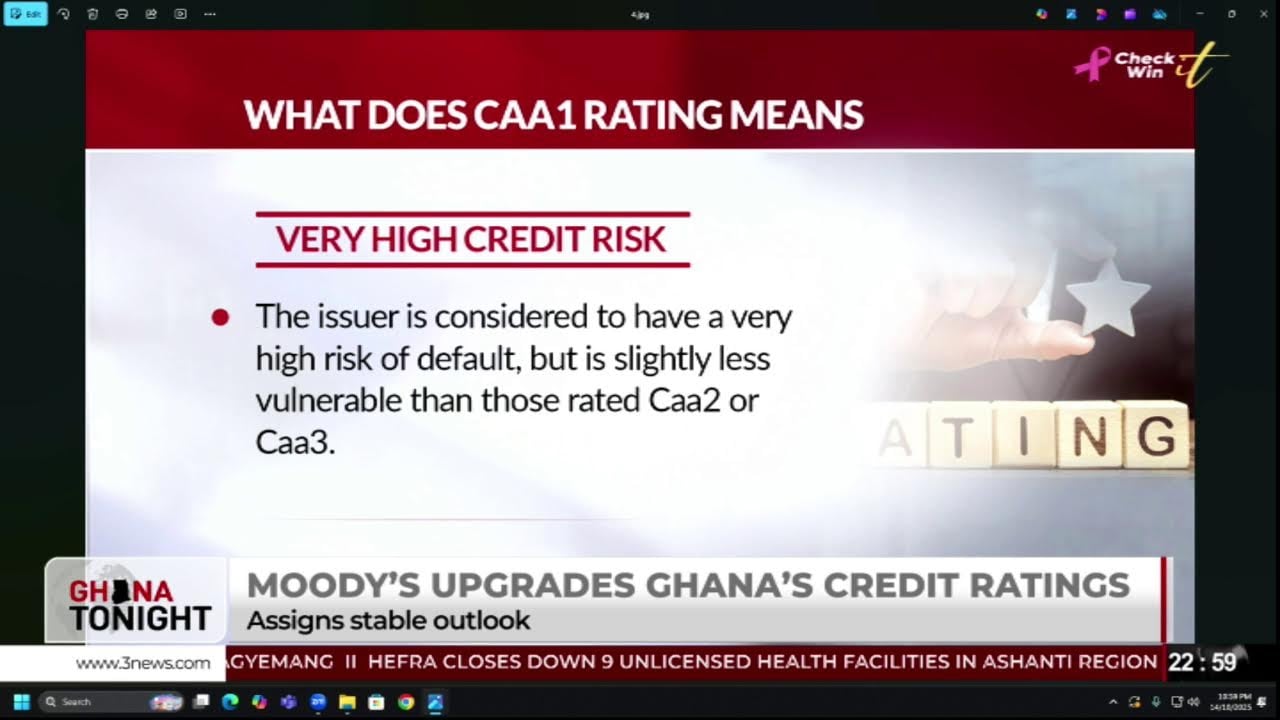

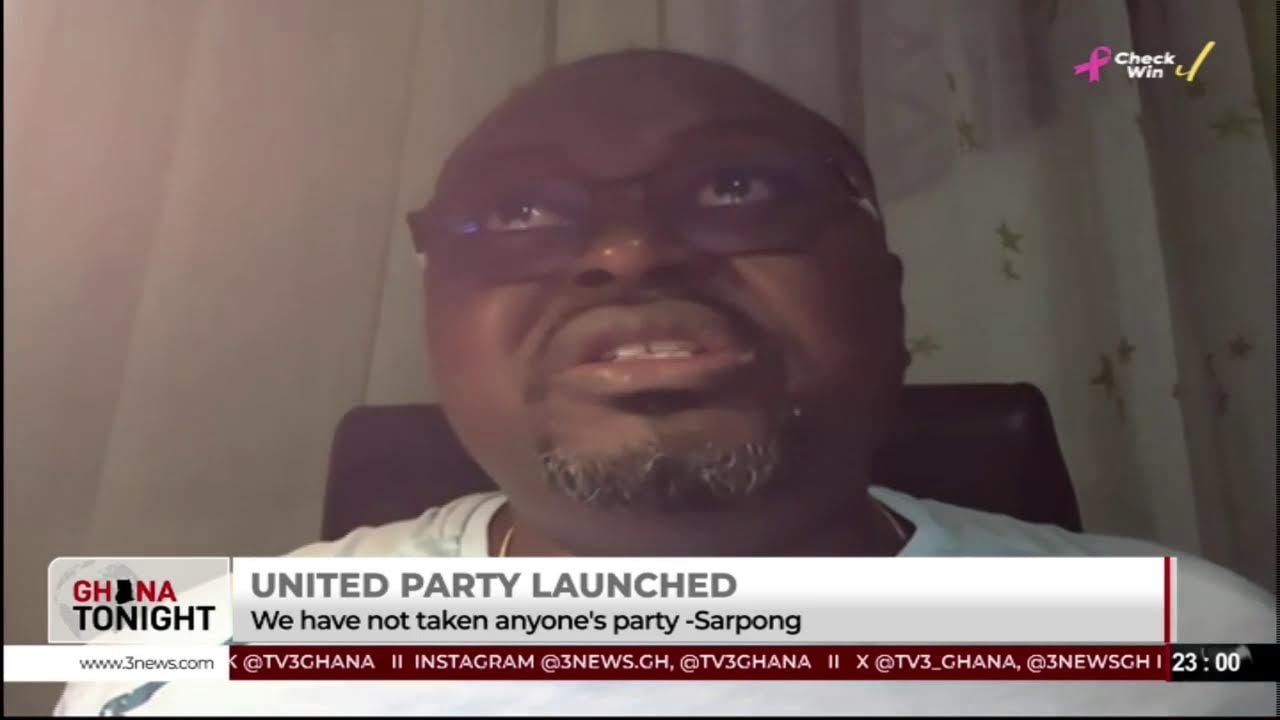
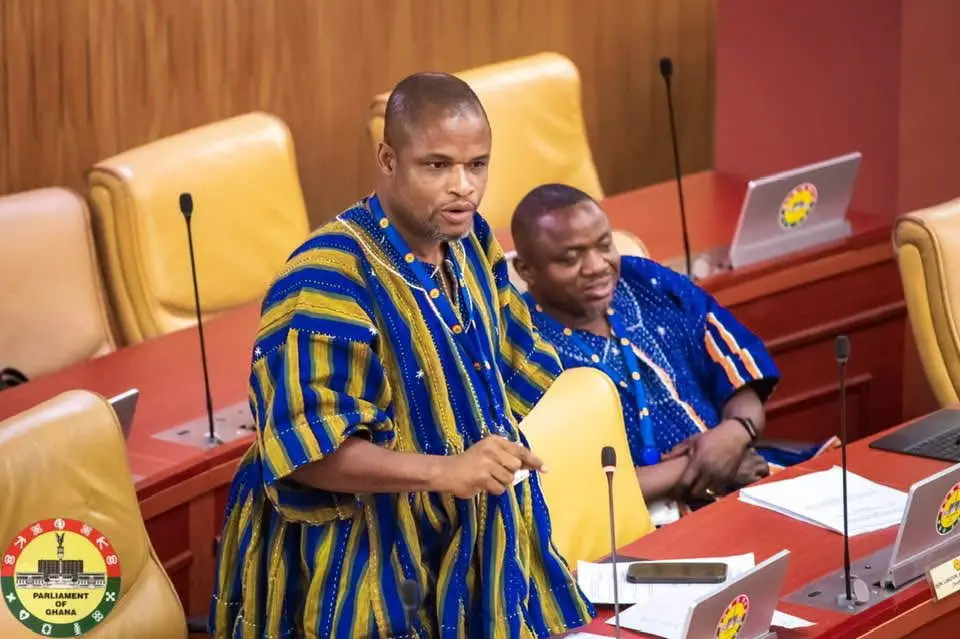
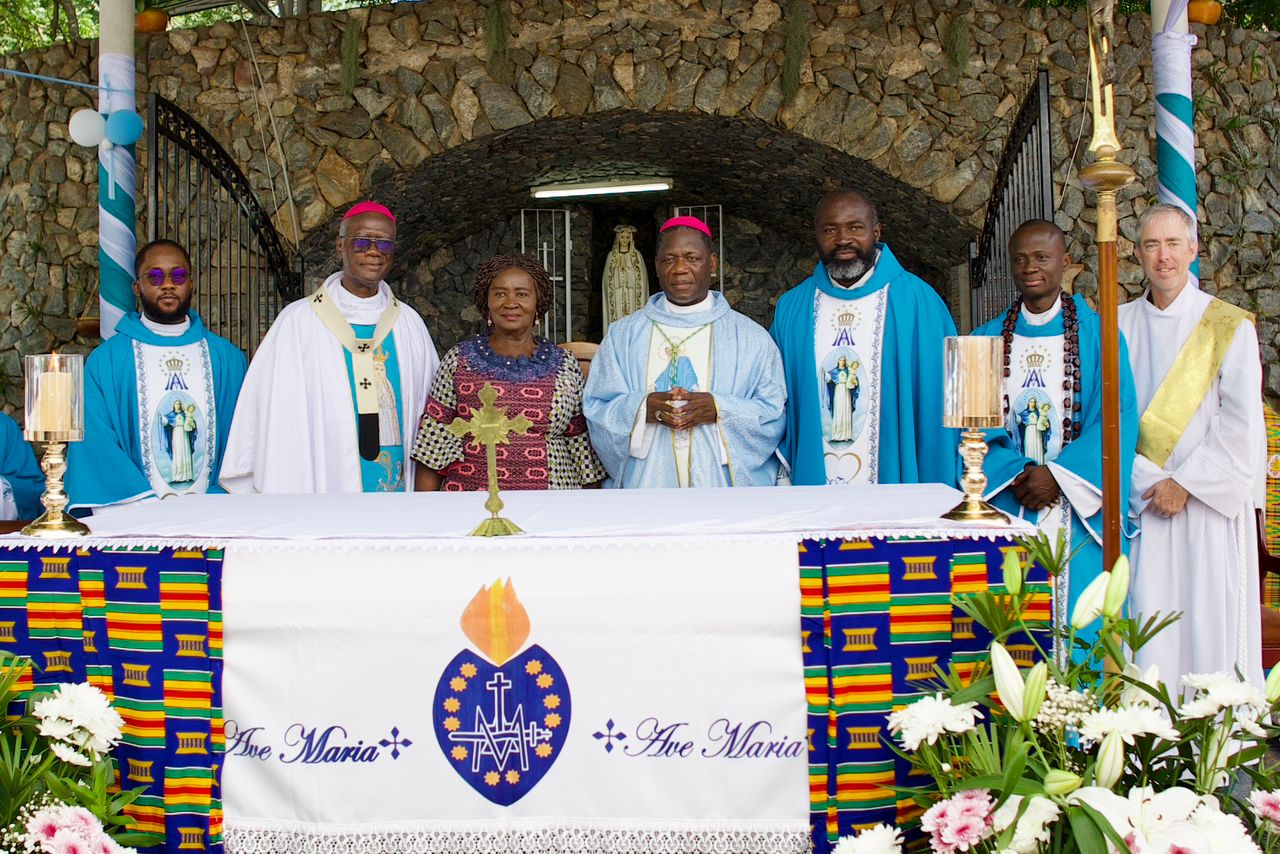

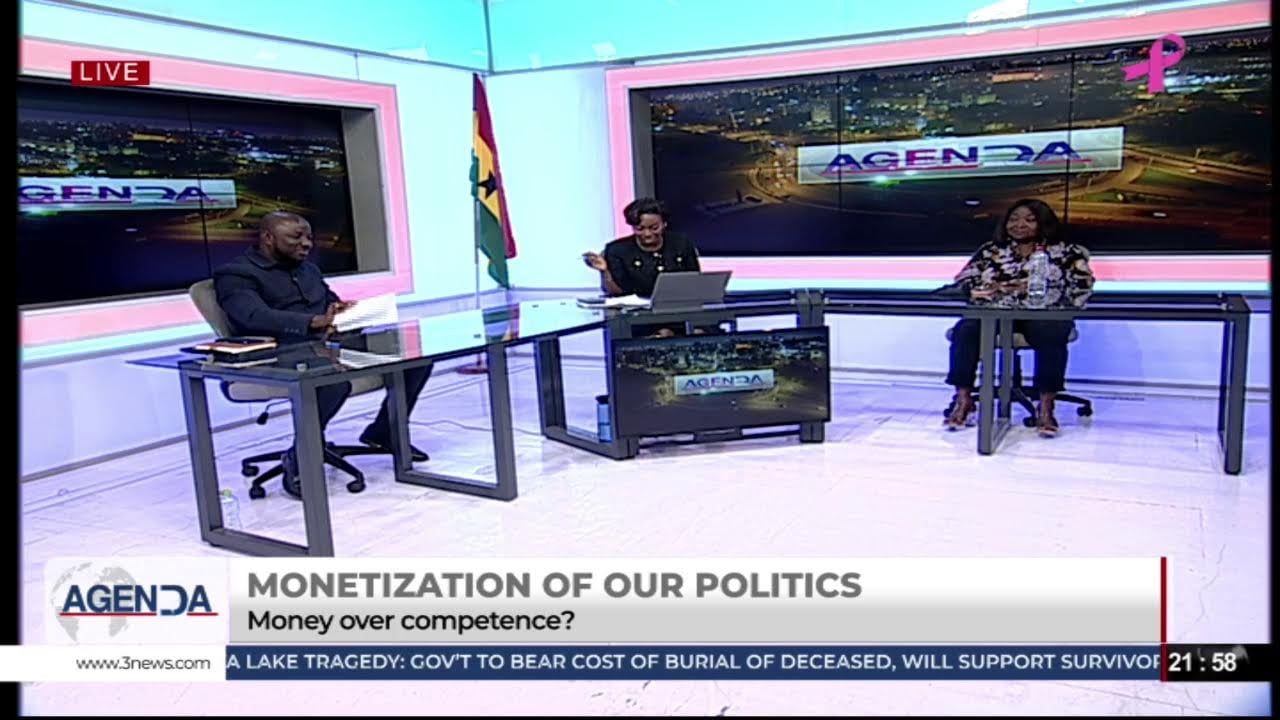


Facebook
Twitter
Pinterest
Instagram
Google+
YouTube
LinkedIn
RSS